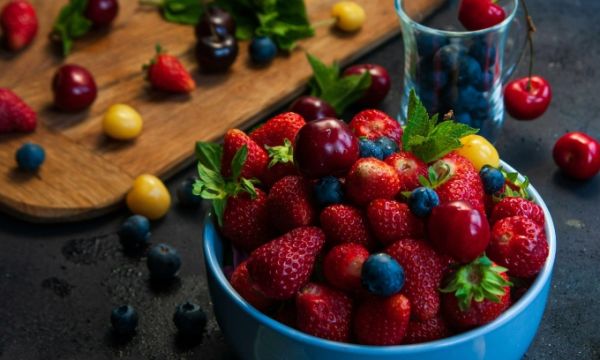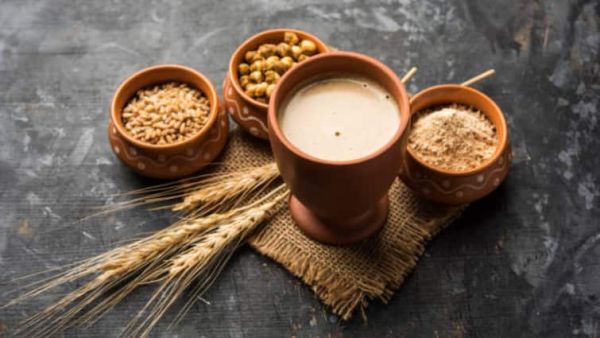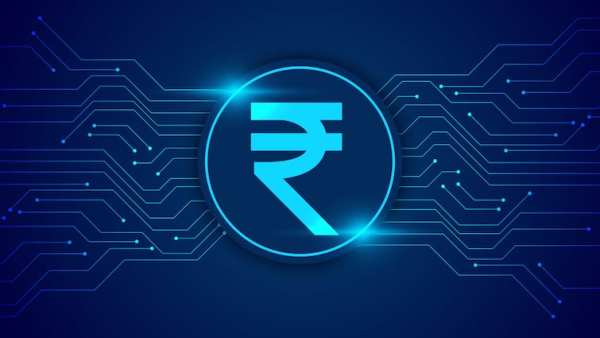
Dr. Dao Thi Yen Thuy, Head of the Department of Nutrition and Dietetics at Tam Anh General Hospital in Ho Chi Minh City, emphasizes that people with chronic kidney disease (CKD) must carefully control their intake of potassium, sodium, and phosphorus to ease the strain on kidney filtration. Additionally, she recommends prioritizing fruits rich in antioxidants and fiber.
Here are five fruits that are beneficial for kidney health, according to her:
1. Apples
Apples do not contain sodium, providing about 158 mg of potassium and 10 mg of phosphorus per fruit. They are packed with soluble fiber, specifically pectin, which helps lower cholesterol, stabilize blood sugar levels, and manage risk factors that could harm kidney function.
2. Blueberries
Blueberries are rich in vitamin C, fiber, and anthocyanins—potent antioxidants that help protect kidney cells from free radical damage. A 50-gram serving of blueberries provides 65 mg of potassium, 4 mg of sodium, and 7 mg of phosphorus, making them a suitable addition to the diet for kidney patients.
|
Fruits in a bowl. Illustration photo by Pexels |
3. Strawberries
Strawberries are full of anthocyanins, vitamin C, and manganese—nutrients that support the immune system, reduce inflammation, and enhance kidney function. Just 50 grams (about 5 fresh strawberries) contain only 1 mg of sodium, 120 mg of potassium, and 13 mg of phosphorus, which are beneficial for kidney health.
4. Cherries
Cherries contain phytochemicals and antioxidants that provide anti-inflammatory benefits, neutralize free radicals, and protect cells. With low levels of potassium, sodium, and phosphorus, cherries are a tasty and healthy option for those managing kidney disease.
5. Pears
Pears are mildly sweet, hydrating, and easy to digest, making them ideal for kidney patients due to their low potassium and phosphorus content. 100 grams of ripe pears contain approximately 119 mg of potassium, and they are low in sodium and phosphorus. Pears are also rich in soluble fiber like pectin, vitamin C, and antioxidants that help improve digestion, support heart health, and protect kidney cells from oxidative damage.
Dr. Thuy advises kidney patients to follow a strict diet to reduce the load on kidney function. She recommends limiting high-potassium foods like bananas, oranges, ripe mangoes, sweet potatoes, and avocados, as well as minimizing salt and strong seasonings. Processed and overly salty foods should be avoided. It is also important to divide meals into smaller portions throughout the day to avoid overloading the digestive system and kidneys.
Patients should ensure they drink the right amount of water based on their condition—avoiding both excessive consumption that could cause swelling and insufficient intake that may lead to dehydration and kidney damage.
Regular check-ups are essential to monitor kidney function and blood electrolyte levels. Based on individual test results and disease stages, doctors can recommend the appropriate types and quantities of fruit to help manage potassium, sodium, and phosphorus levels effectively.
-
This Traditional Drink Keeps Chirag Paswan Going During Election Campaigns

-
Oil Prices Steady As Market Weighs OPEC+ Supply Outlook And US Economic Signals

-
Rupee Slips 4 Paise Against Dollar, As Investors Await US-India Trade Deal Conclusion

-
6 Chinese Zodiac Signs Attract Luck & Good Fortune On July 3, 2025

-
Congress just greenlit a NASA moon plan opposed by Musk and Isaacman
